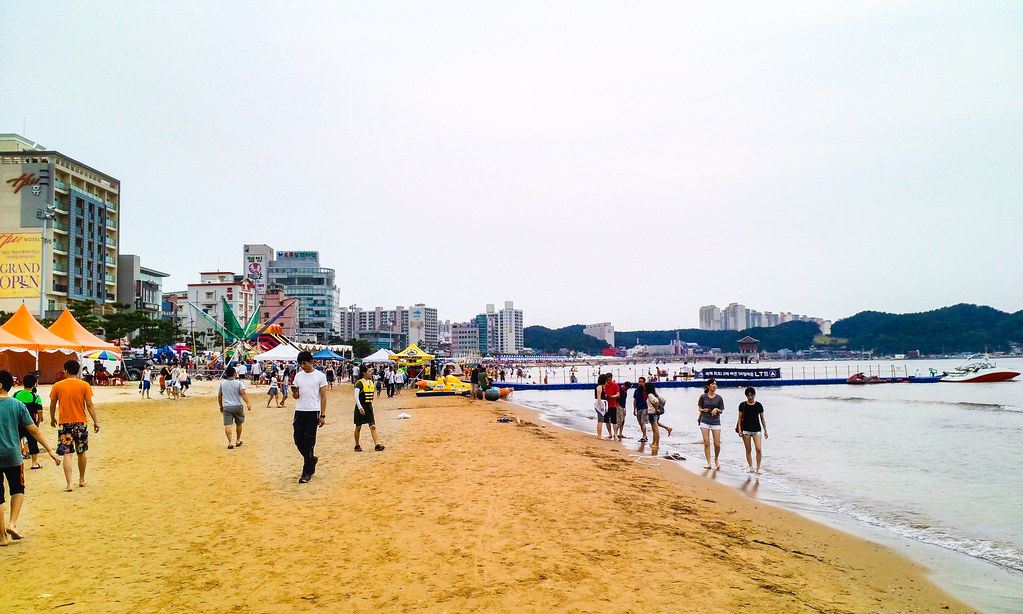Today I will introduce one of Korean society keyword, Nunchi.
Why Korean Reporters Stayed Silent at the G-20 Summit
There’s a symbolic video that vividly represents a key aspect of Korean culture: nunchi. During the G-20 Seoul Summit, Korean reporters had the opportunity to ask questions to then U.S. President Barack Obama. However, not a single Korean reporter spoke up. Instead, a Chinese reporter took the opportunity to ask questions. You can watch the video here:
Why did this happen? Some speculate that Korean reporters needed time to formulate their questions. However, as a Korean, I understand there’s more to it. This behavior is deeply rooted in a cultural phenomenon called nunchi. It’s the same reason why university classes in Korea often lack student questions. Many believe it’s because people are highly conscious of the potential consequences of their actions—this is nunchi at work.
What is Nunchi?
Nunchi (눈치) is the subtle art of instantly gauging other people’s thoughts and feelings. While Western cultures have similar concepts, in Korea, nunchi is particularly pronounced. For example, at Korean beaches, even in summer, you’ll rarely see people wearing bikinis. It’s a societal norm influenced by nunchi.

You might also find it odd when you see many Korean profiles (private profiles, for instance). Unless they are particularly handsome or pretty, people often cover their faces in photos. If you don’t have Korean friends, try watching Korean news or observing people on the streets. You’ll notice that, regardless of their looks, their hairstyles and clothing are quite similar, almost like clones.
As an international or exchange student, you might have experienced that no one asks questions when the professor invites discussion. It’s pretty weird, right? Surprisingly, this too can be explained by nunchi. This characteristic is very complex, so I’ve summarized the reasons for this behavior as follows
- Confucian Class-Structured Society
: Confucianism emphasizes a hierarchical structure like people must respect their superiors and peers whoever they are. - Nationalist and Collectivist Tendencies:
: Korean democracy movements focused on collective freedom rather than individual rights. - Dense Population
: In a densely populated country, one’s reputation is closely tied to their relationships with those around them. - Intense Competition
: High competition increases the tendency to practice nunchi to avoid standing out negatively.
Due to these complex reasons, people in Korea often feel like they are walking on eggshells, constantly aware of how others perceive them. This heightened awareness is why Koreans generally don’t steal valuable items, even when left unattended in public places like cafés or restrooms. The collective scrutiny acts as a strong deterrent.
Some might claim, “I will live as I am!” However, in a society where everyone else downplays individuality, resisting this cultural tide is challenging. The power of culture is such that it can assimilate individuals, making conformity the norm rather than the exception.
Pros and Cons of Nunchi
PROS:
However, nunchi has many positive applications as well. For instance, as I mentioned earlier, if you leave your luggage, cellphone, or wallet on a table at a café in Korea, no one will touch it, even though it’s valuable. This happens because people around those items unconsciously keep an eye on them, acting as if they own them due to nunchi. In this way, nunchi helps prevent theft. Of course, people are also taught that stealing is wrong, but nunchi reinforces this by creating a collective vigilance that protects valuable items in public places.
CONS:
Recently, however, the negative aspects of nunchi have become more pronounced. Koreans often ask intrusive questions that do not respect others’ privacy, such as whether you have a partner, how much you earn, what your parents do for a living, and where you graduated from college—sometimes even on the first meeting. Many Koreans feel uncomfortable with these questions, but the practice persists.
I personally interpret these questions as an attempt to gauge another person’s social and economic status. It may not always be intended maliciously, but it can certainly feel invasive. Maybe you share this feeling when you hear such questions.
It’s important to understand that some Koreans ask these questions out of habit, having been evaluated similarly themselves. They may not realize how much pressure they are putting on you. So, when faced with such questions, I think it’s helpful to explain how you feel. Most likely, they will apologize once they understand the impact of their questions.
This cultural nuance highlights the complexity of nunchi, showing both its positive and negative sides.
Today, we discussed one of the significant aspects of Korean society: nunchi. It’s important not to view problems from a single perspective. With each post, I’ll explore different viewpoints to help you understand Korean social culture more deeply. Interpretation is up to you.
I want to clarify that I don’t intend to delve into sensitive topics like politics. My goal is to introduce you to various cultural keywords, so you can understand Korean social culture step by step. Eventually, you’ll be able to comprehend why Koreans behave and think the way they do in different situations, and why certain criticisms arise.
Thank you for visiting my blog. Stay tuned for more insights!
Discover more from VNFLEX
Subscribe to get the latest posts sent to your email.